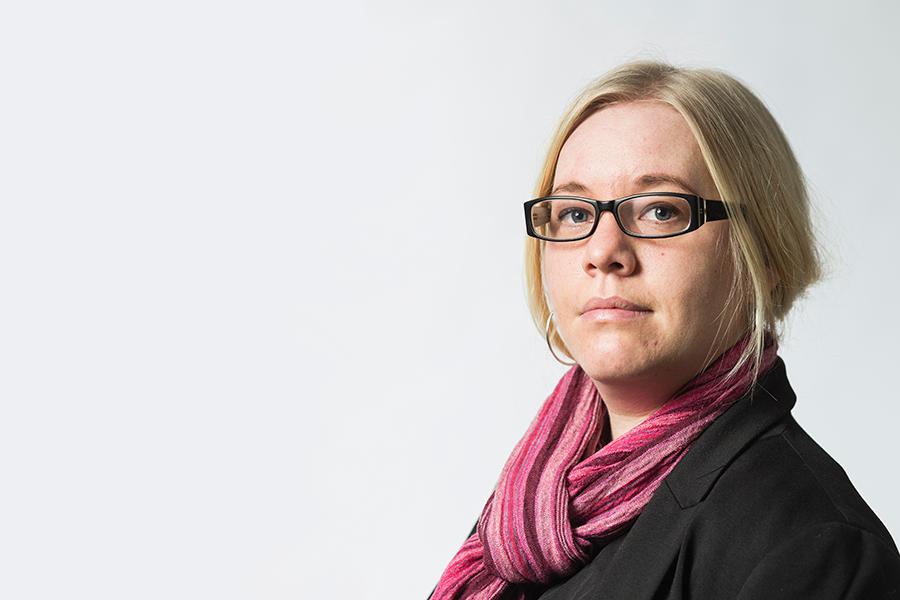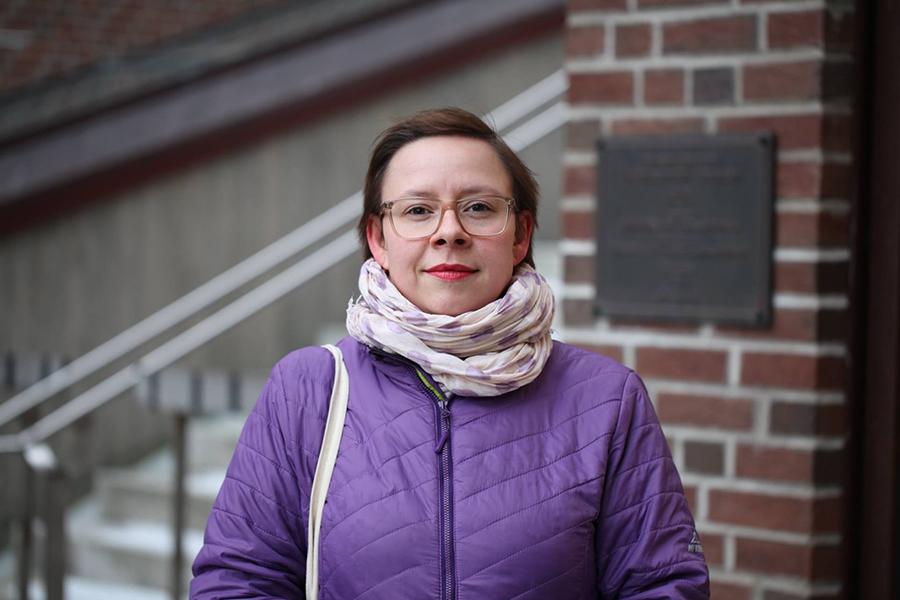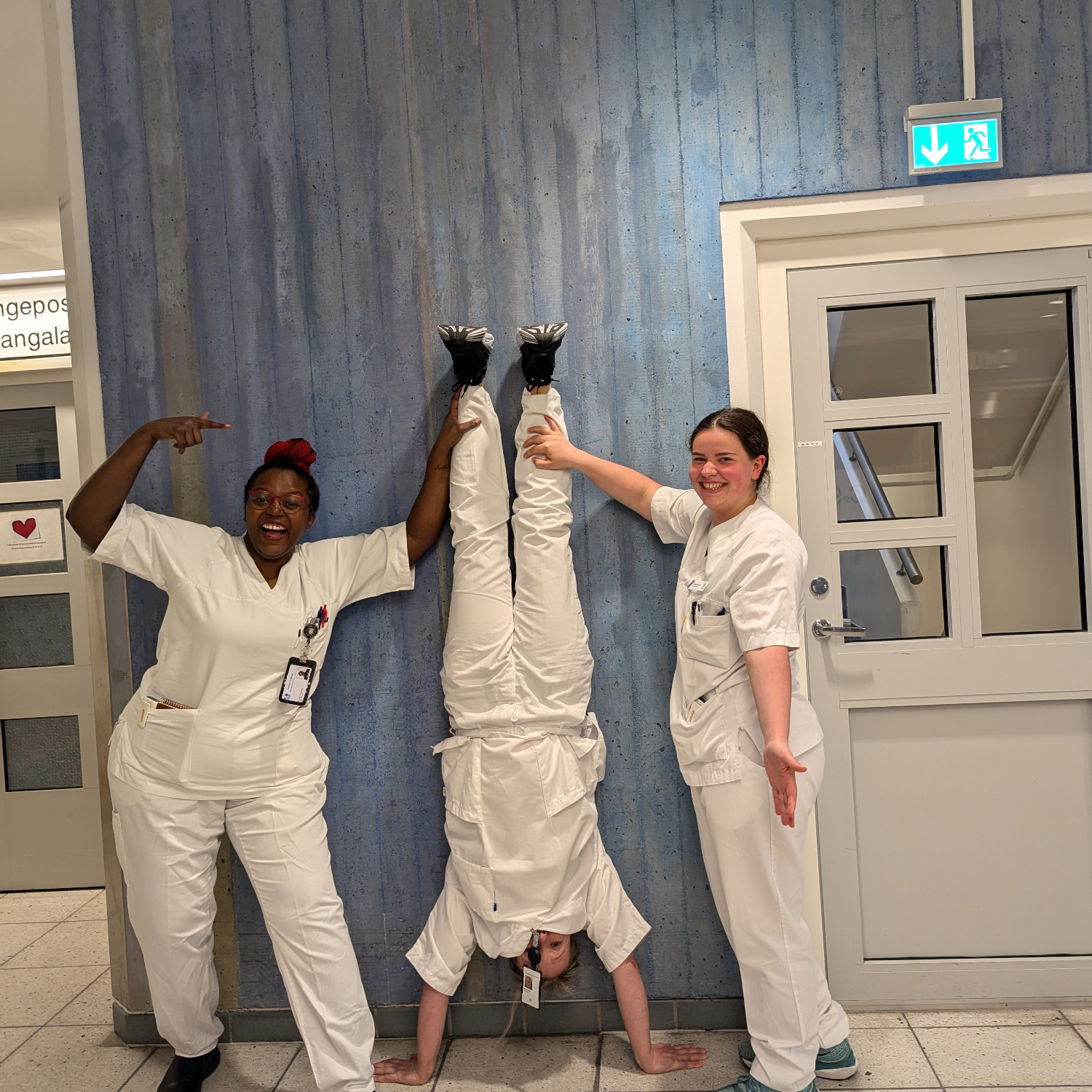Ingvild Magnæs Gjelsvik
From CPS to UNDP-Somalia, theory to practice!

Facts
In July 2010, I was offered the opportunity to not only learn about how to do research on peace-building but to get hands-on practice in security management and peace-building strategies within the UN system. Through a joint NUPI/CPS project, along with two other PhD students from the University of Bradford (UK), I got an internship position with UNDP-Somalia in Nairobi, Kenya. I have only spent a month in Nairobi, but have already learnt a lot about UNDP policies and projects.
I am attached to the DDR/AVR (Armed Violence Reduction) project, which focuses on community security. The DDR program has formally ended in the Somali regions. However, crime, armed violence and general insecurity still plague districts and communities. Thus, the first period of the DDR/AVR project explores mechanisms for violent conflict reduction and peace-building at community and district levels. The project explicitly involves:
- District Profiling: a description of the economics, politics, social and geography composition, as well as the presence of institutional infrastructure and civil society.
- Victimization Survey: a household survey used to collect detailed quantitative data concerning crime and perceptions of security. It serves as the base-line for the law enforcing and security program at the district level.
- District Safety and Security Analysis: derived from focus group discussions and key informant interviews, the conflict analysis provides detailed information about the causes of violent conflicts. The obtained information is used for drawing up a District Safety Plan –i.e. a Somali based response to violence and conflict.
- Safety and Security Data Monitoring: focusing on data regularly collected by institutions (such as police stations, courts, elders, religious leaders and hospitals) to develop a database to help monitor trends and outcomes of law enforcing and peace-building activities. These data sets will be used for identifying trends in violent conflicts and the efficiency of state and non-state security arrangements, as well as DDR/AVR project approaches.
I have mainly worked on a project focusing on members in non-state armed groups and youth at risk. The project objective is to contain and prevent violent conflicts by engaging youth groups at risk – i.e. creating conditions for livelihood opportunities at the community level. This is being done through rehabilitation, formal education and skills development, promotion of alternative livelihoods and participation in diverse development and peace-building activities. In addition, I have been tasked to incorporate gender perspectives into all peace-building activities, such as increasing Somali women’s participation in decision-making processes. Due to the conflict, gender roles have changed over the past twenty years; women have increasingly found themselves as household heads as a result of widowhood, migration, etc. However, despite the expanded roles of womenfolk as breadwinners within households, men still retain responsibility for decision-making in the social and political life. The challenge therefore is to understand traditional authority patterns and their gender-related impediments; and to devise strategies for nurturing female self-empowerment and involvement in community re-generation in the wider scheme of peace-building.
In my view, the most fascinating part of the Somali Community Safety and Security Project is the availed insights into aspects of peace-building from the standpoint of an intern, researcher, practitioner and policy-maker. After a long period of studying development and peace, this internship is providing me enormous hands-on experience into project planning and implementation in the UN system, and opportunities to build career-relevant skills and networks. From CPS to UNDP-Somalia – indeed, what students go on to do in life say all about a degree program!



